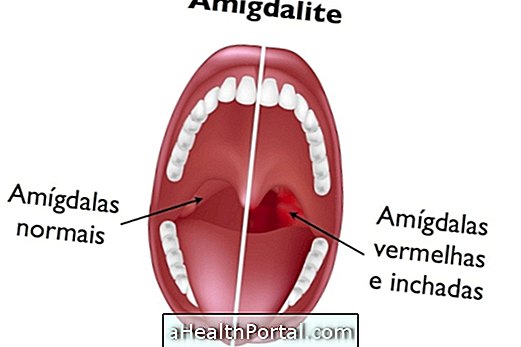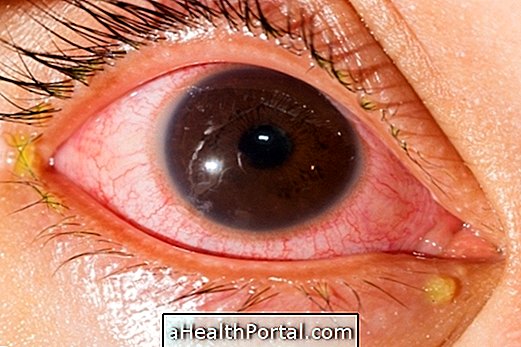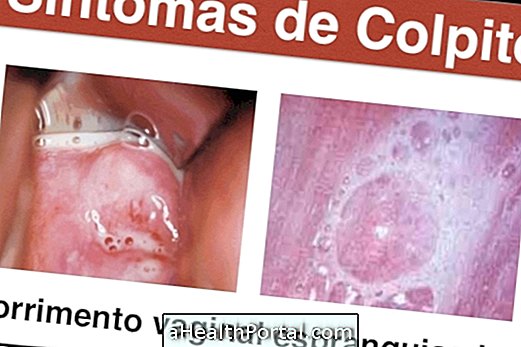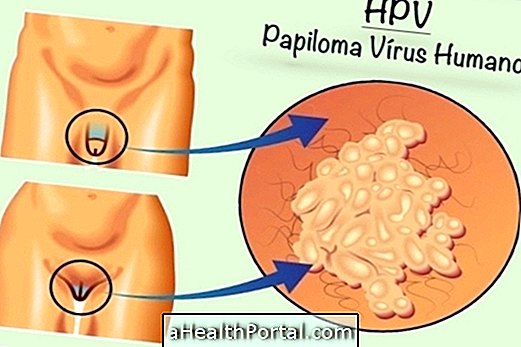Bulimia nervosa is an eating disorder in which the patient ingests an uncontrolled amount of food in an act of binge eating and then becomes repentant and tries to compensate for this exaggeration by causing his own vomiting, for example.
To compensate for the exaggerated food intake the bulimic usually causes the own vomit but also uses other strategies like:
- Stay for long periods without eating anything.
- Take laxatives exaggeratedly, to cause diarrhea and eliminate food.
- Doing exercise exaggeratedly, to "burn" all the calories you have ingested.
These compensatory strategies can be used simultaneously by the patient, making them easily pass out.
Consequences of bulimia
The consequences of bulimia can be:
- Tooth wear;
- Chronic throat inflammation;
- Callus on the back of the hands;
- Dehydration;
- Malnutrition.
These complications can arise in a few months and are due to the act of forcing vomiting frequently and by poor diet, which does not provide the body with all the nutrients it needs to function properly. See other complications and how to treat each one here.
Symptoms of bulimia
Symptoms of bulimia can be physical like tooth wear or changes in behavior like frequent going to the bathroom during and after meals. To know more about the symptoms of bulimia see: Symptoms of bulimia.
Treatment for bulimia
The treatment for bulimia is mainly done with behavioral therapy, group therapy and dietary reeducation.
It may be necessary to take vitamin and mineral supplements as well as some antidepressant medicines or to help prevent vomiting. In severe cases it may even be necessary to inpatient or in specialized clinics in the treatment of eating disorders.
The treatment for bulimia is time-consuming, since the patient needs to learn to have a healthy relationship with food and to eat properly, avoiding the weight gain and compensatory behavior that comes after crises. See more about treatment in: Treatment for bulimia.























